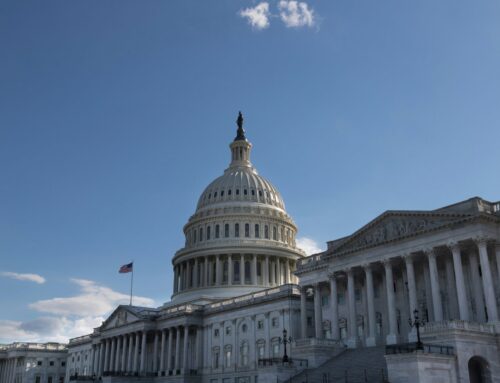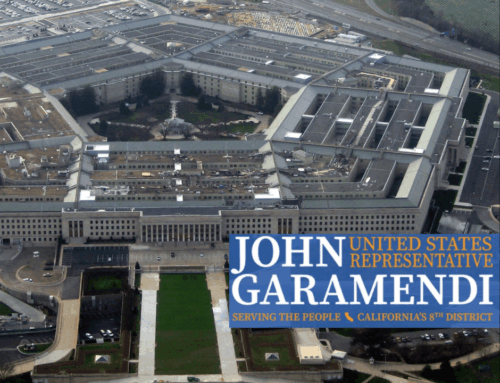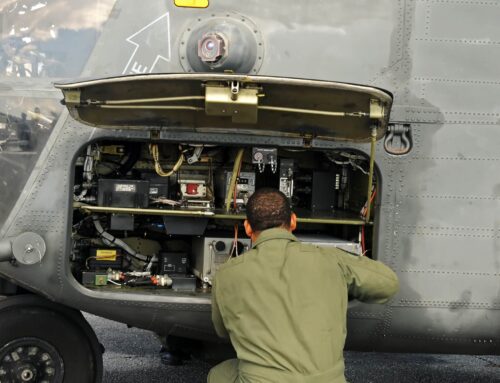Sadly, common sense often doesn’t seem that common in Washington and, in particular, Capitol Hill.
Lawmakers and Pentagon officials have been complaining that budget caps for the Pentagon are too constricting. But when Pentagon leaders come up with ways to help relieve some of that pressure without more spending, lawmakers look the other way and cry for more cash. One glaring example of this deals with excess base capacity.
The Obama Administration tried for several years to set up another commission to take on the politically delicate task of selecting military bases we could afford to close. And in April of 2016 the Pentagon presented a report on the significant excess capacity that another round of base closure could alleviate. That report pegged over capacity in the Army at 33 percent and the Air Force at 32 percent.
Unfortunately, parochial political concerns prevailed and the Congress blocked each of those previous attempts.
Some of the leading military officers serving now, in the Trump Administration, are still banging the drum for base closure. At a recent hearing of the House Armed Services Committee, the Vice Chief of Staff of the Air Force said in his prepared remarks, “It is time for another round of Base Realignment and Closure (BRAC) to allow us to reinvest funds in higher priority areas across the Air Force.” And although his prepared testimony didn’t speak directly about base closure, in his response to questions the Vice Chief of Staff of the Army said, “It’s real money that we really need to reinvest into deferred maintenance and infrastructure backlog.”
Not surprisingly, the press release from the Chairman of the House Armed Services Committee ignored those pleas and focused on readiness issues. But the senior Democrat on the same committee agrees with the need for another round of base closure and reintroduced legislation to allow for the formation of a new commission.
We have yet to see a federal budget proposal from the new Trump Administration. But reporting is rampant that one of the first actions by the Office of Management and Budget will be to produce a supplemental budget request that could range from $15 billion to $60 billion in extra cash for the Pentagon.
Let’s take a moment to remember that the Budget Control Act (BCA) of 2011 (as amended by the Bipartisan Budget Act of 2015) is still the law of the land. Under the BCA, both defense and non-defense discretionary spending is capped at pre-set levels. So either the BCA needs to be scrapped altogether, amended with increases in spending caps paid for by other cuts or revenue increases, or the additional spending projected by any supplemental request must be deemed “emergency” spending not subject to the caps. Odds are the third option will prevail, meaning the supplemental cash is likely to be poured into the slush fund known as OCO (Overseas Contingency Operation account).
Instead of doing an end-run around the BCA, Congress should remember that the caps were put in place because Congress refused to come up with ten years of deficit reduction worth $1 trillion back in 2012. This represents savings that were promised to taxpayers. Congress and the Obama Administration routinely reduced those savings through extending temporary tax breaks, the OCO dodge and amendments to the BCA containing specious offsets. Congress and the new Trump Administration would also be well served to remember that the national debt is poised to top $20 trillion and the public debt is 77 percent of GDP. The Congressional Budget Office estimates that even without new additional spending and the BCA intact, by 2027 the debt to GDP ratio would be 89 percent as high as it was in 1947 and double the average for the last 50 years.
We’re not saying that savings from a BRAC round would be large enough or come soon enough to offset all or even most of the extra spending that President Trump has trumpeted. But it would be listening to the country’s military leadership and provide at least a little reprieve from the more, more, more Congressional cacophony we’ve been hearing.
Another round of base closure is needed to allow the Pentagon to divest significant excess capacity. Keeping unnecessary bases open is akin to treating Pentagon budget like a local jobs program. The military services should be freed up to make decisions about the shape of their infrastructure. Here’s hoping the new administration, so eager to “drain the swamp” of political influences like this, will ask for another round of base closure as presaged by this recent testimony in the House.
It’s time.










